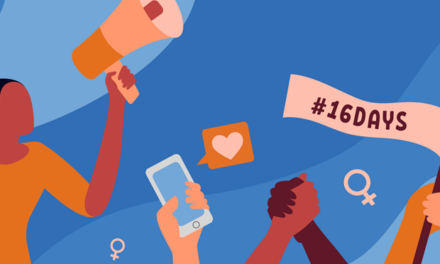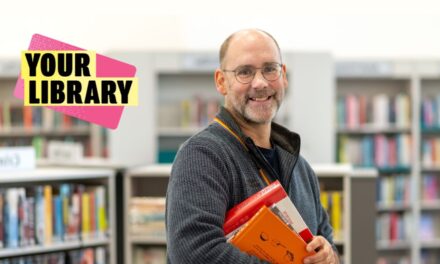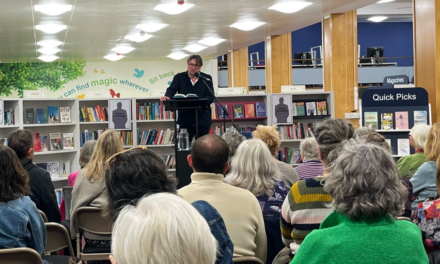
We caught up with Lucy Hogg, Get Digital Programme manager for Children’s Services at ESCC to find out more about this brilliant programme.
What is the Get Digital programme?
The mission of the Get Digital programme is to improve the digital resilience of children and young people in East Sussex who are receiving social care services so they can take advantage of all the benefits of the online world whilst keeping themselves safe.
Why was the Get Digital programme created?
We all know that children and young people today are digital natives and it is an integral part of their world. The online world offers a huge range of opportunities for young people to connect, feel included, develop skills and more. Alongside these positives there are numerous risks and carers and social work professionals have a duty to help young people navigate these and build digital resilience skills.
However, the level of skills and confidence of our carers and practitioners varies significantly so this programme is designed to build the skills and confidence of carers and social work practitioners so that they can provide support and guidance to young people.
It is vital that we prepare young people for independence from an early age so that when they leave home or care they have the skills to thrive online.
What are the objectives of the Get Digital programme?
Through this programme we want to achieve 3 vital things:
- Carers and practitioners are informed, confident and capable of using digital resources; providing advice and guidance to young people to develop digital resilience skills.
- Young people have the ability to safely learn from their mistakes and experiences and know where to access help and support.
- Young people are confident and capable of using digital platforms and devices safely enabling them to take full advantage of the benefits of the online world.
How do you go about achieving this?
The programme has five components which will help us achieve these things; our Digital Ambassador network, our training programme, our Digital Hive website, our consultation service and our integrated digital strategy to drive cultural change.
Our Digital Ambassador network plays a pivotal role in the programme and have helped to develop our training and resources including films and audio so their voice is central to our content. Our ambassadors are children in care, care leavers, children on the edge of care, carers, social workers and other practitioners. One of their most important roles is keeping us current and making sure that our training and resources will meet the needs of children and families in East Sussex.
The training programme has three levels; the foundation level includes our Online safety and digital resilience workshop and is mandatory for social workers and foster carers. The next level is a series of webinars exploring issues in more depth, such as, addiction to tech, cyberbullying, exploitation and radicalisation. The third level is for our young Digital Ambassadors; to give them the skills and confidence they need to co-deliver training with us. One of our innovations which is working incredibly well is the fact that we mix practitioners and carers in our training sessions, and both find this really valuable in terms of learning from each other.
Our Digital Hive website is your one stop shop for all resources, training, support and signposting for social work practitioners and carers in East Sussex.
When we carried out research at the beginning of the project there was a clear message from carers and professionals that they needed somewhere to refer on to for more complex cases so our consultation service seeks to provide that. We receive requests for help for young people around a range of online issues – to date we have consulted on a range of issues including county lines, addiction to tech, sending nudes and accidental purchases.
The final part of the programme is our integrated digital strategy which is about embedding digital in every day practice. Making sure that ‘digital’ is considered in every part of a child’s journey. For example the Placement support plan; changes mean that social work practitioners and foster carers have an understanding of a young person’s digital experience, what they access, and what rules have been in place, so that they know what support they might need.
What has been your greatest achievement so far with this programme?
There have been so many amazing moments in this programme so far but I think our greatest achievement is really having the voice of the child heard so strongly within our training and online resources. Its fantastic how honest our young Digital Ambassadors are and the reason they are sharing their experiences is that they want to help other young people. They convey the most powerful message about what the dangers are and what support they need. Social work practitioners and carers comment that this is one of the most valued parts of the training we deliver.
One of our key aims is getting carers to appreciate the value of the online world for young people and the importance of not overreacting and confiscating devices when things go wrong. So I was delighted to hear from a carer at the end of one of our training sessions that they were going to change their approach and stop being so restrictive and start really engaging with their child about their online world.



